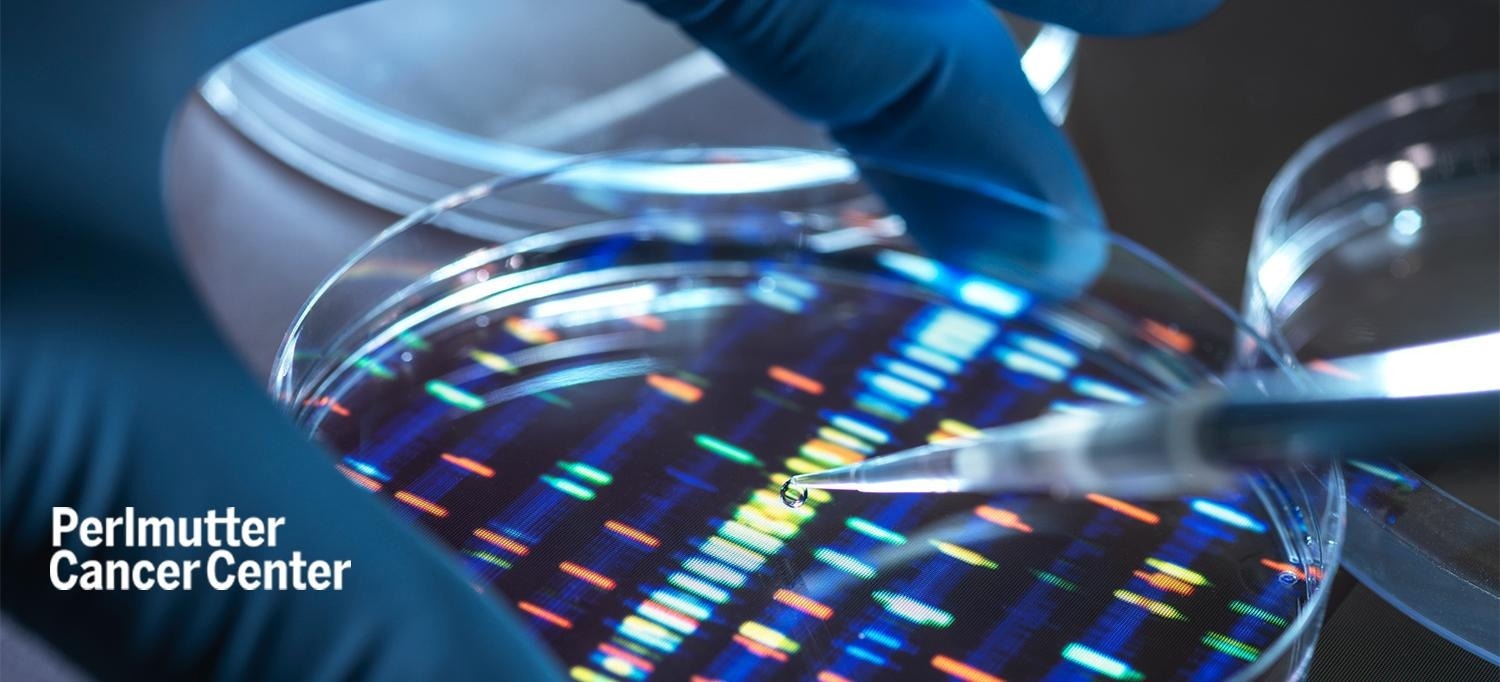At the NYU Langone Health’s Perlmutter Cancer Center, a team headed by scientists has determined a gene that forces the development of the second most common type of lung carcinoma. This provides greater knowledge of how the disease may be treated someday.

Image Credit: WESTEND61/GETTY.
At present, there is no availability of approved, targeted, first-line therapy for lung squamous carcinoma (LUSC), a cancer type that develops in cell layers lining the organ and is accountable for 20 to 30% of lung carcinoma deaths.
However, the new study, reported in the January 9th edition of Cancer Cell, discovered that deleting a gene called KMT2D caused normal (basal) lung cells grown in complicated cultures known as organoids to convert into LUSC cells.
The study authors feel that KMT2D controls the activity of genes allowing the building of proteins called tyrosine phosphatases and enzymes that restrain cell growth. This promotes signals sent via another enzyme set known as receptor tyrosine kinases (RTKs).
The availability of two RTKs, named EGFR and ERBB2, is recognized to be a part of the abnormal activation of the RTK-RAS signaling pathway, wherein a molecular switch frequently gets “stuck in the on mode,” thereby causing cells to constantly multiply as part of cancer.
Our study identifies KMT2D as a pivotal contributor to the development of lung squamous cancers, and offers vital clues about how to target KMT2D-deficient LUSC. The same genetic changes that cause the gene to contribute to cancer also create tumors that are very sensitive to existing drugs that target a related pathway.”
Kwok Kin-Wong, MD, PhD, Study Co-Corresponding Author and Director, Division of Hematology and Medical Oncology, Grossman School of Medicine, New York University
New approaches suggested
The new study performed verifies prior proof that the KMT2D gene encodes a protein (a histone methyltransferase) identifying the degree to which the tyrosine phosphatase genes could be approached by the cellular machinery trying to read them.
With the improved insights into LUSC mechanisms leading from the new work, the research group picked to test in study mice a combination of two drugs—named pan-ERBB inhibitor afatinib and SHP2 inhibitor SHP099.
ERBB has been made highly active by KMT2D signaling flaws, and the enzyme SHP shows up in the RTK-KAS pathway, much similar to EGFR and ERBB2, which are imparted to be highly active by the lack of KMT2D.
The group considered that the experimental drugs that have been developed to hinder SHP might also oppose the effect of KMT2D deficiency when utilized together with the ERBB inhibitor.
Certainly, they discovered that the combination decelerated lung tumor growth in mice with LUSC that had been contrived to lack KMT2D, and also in tumors in mice that have been derived from the human LUSC tumors along with KMT2D mutations.
Multiple SHP2 inhibitors are currently testing in clinical trials, and afatinib is already available. Our findings warrant the design of clinical trials that test these therapies in KMT2D-deficient patients with LUSC.”
Hua Zhang, MD, PhD, Study Co-Corresponding Author and Formerly an Instructor, Department of Medicine, Grossman School of Medicine, New York University
At present, Zhang is working as an assistant professor in the Department of Medicine, Division of Hematology and Oncology, at the University of Pittsburgh School of Medicine and UPMC Hillman Cancer Center.